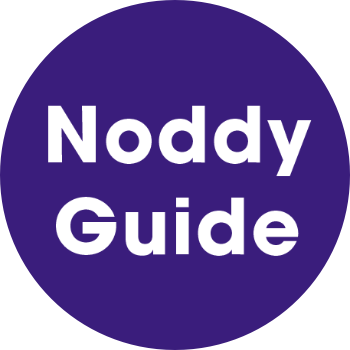A: SenseCheck

- 1 Yes
- 0 No
- 0 Other
- 14 Feb 2022
-
Yes
|
Complex
Yes. CFA2014 provides for a three-way split between the different kinds of provision which a child or young person might need namely (special) educational provision (SEP), Social Care Provision (SCP) and Health Care Provision (HCP). CFA2014 s21:
- SEP (for a CYP aged 2 or over) means “educational or training provision that is additional to, or different from, that made generally for others of the same age in (a) mainstream schools in England, (b) maintained nursery schools in England, (c) mainstream post-16 institutions in England, or (d) places in England at which relevant early years education is provided”. SEP (for a child under 2) is “education provision of any kind”.
- SCP means “provision made by a local authority in the exercise of its social services functions”.
- HCP means “provision of health care services as part of the comprehensive health service in England continued under the National Health Service Act 2006 s1(1). This means the provision must actually be being provided by the NHS, so provision of a particular therapy which was being privately funded would not fall within this (so as to make it HCP) even if it could in theory be NHS funded (which would make it HCP): R & RK v Hertfordshire CC [2025] UKUT 381 (AAC) #20-22.
As to what is “educational”, education “involves learning knowledge and acquiring skills” and a variety of factors may impede different elements of that process. What is “educational and training provision” pursuant to CFA2014 s21(1) does not need to actually “educate or train” (cf. deemed educational provision pursuant to CFA 2014 s21(5)). More: 08.06 Can HCP or SCP also be SEP?
In considering whether provision is “educational” it may be helpful to consider COP2015 #6.28-6.35 which brings together and classifies these factors under communication and interaction; cognition and learning; social, emotional and mental health difficulties; and sensory and/or physical needs: EAM v East Sussex CC [2022] UKUT 193 (AAC) #7-10, #18-19. In that case, a wired internet connection was considered SEP for a child who had electromagnetic hypersensitivity, because of the difficulties she had using computers, which affected how teaching is communicated to her and sensory needs which affected her use of computers: #24-29; also R & RK v Hertfordshire CC [2025] UKUT 381 (AAC): the hearing aid loop helps here access education and so is educational provision even it does not directly “education or train”. Further, something which supports (or even facilitates) education can lawfully be educational provision, such as mentoring support: Westminster CC v FTT [2023] UKUT 177 (AAC) #108-109.
More: 07.03 Can health or social care needs also be special educational needs?
08.06 Can HCP (health care provision) or SCP (social care provision) also be SEP?It may also be useful sometimes to look at the old EA1996 caselaw (remembering though that the EA1996 did not use the SEP/HCP/SCP split but, instead, looked only at whether provision was “educational” or “non-educational”). More: 01.01 Why does the Noddy Guide refer to the EA1996 and cases related to it when SEN law is now in CFA2014?
Some cases under EA1996: W v Leeds City Council [2005] EWCA Civ 988 (the FTT can seek and consider evidence on a child’s non-educational needs as part of taking a “holistic” view, but must remember that it is an educational tribunal); LB Bromley v SENT [1999] ELR 260 (the question of whether any particular provision is educational or non-educational (or a mixture of both) is not a question of law; rather, it is a matter for the LA and, on appeal, the FTT. The FTT can lawfully give educational need a broad meaning, for example a child’s education can require day-long and year-round attention to many physical needs); A v Hertfordshire CC [2006] EWHC 3428 (it is well established that there is no hard boundary between “educational” and “non-educational” – some things could be both – the LA, then FTT, decides. Just because particular provision brings some educational benefit, it does not follow that there is a special educational need for it. It certainly does not follow that a provision bringing some educational benefit beyond school hours automatically translates into a special educational need (and thus special educational provision) beyond school hours); DC & DC v Hertfordshire CC [2016] UKUT 379 (AAC) #17 (education is “about instruction, schooling or training, so one or more of these factors is likely to be discernible in provision which is asserted to be educational”).
Go to Glossary
[updated 01/03/26]

|
Comment